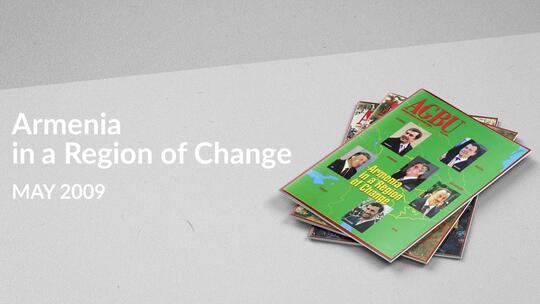by Aris Ghazinyan
While Armenia's ties to Russia are being pulled tighter, relations with Caucasus neighbor Georgia are slipping on social and political levels, changing the character of a recently solid friendship that has seen historical ups and downs.
When, in January, two Georgian Armenians were arrested on charges of espionage and of assembling an armed group in the predominantly Armenian region of Javakhk, simmering discontent among the Armenians was enflamed, renewing fears of "anti-Armenian" policies by Georgian authorities.
